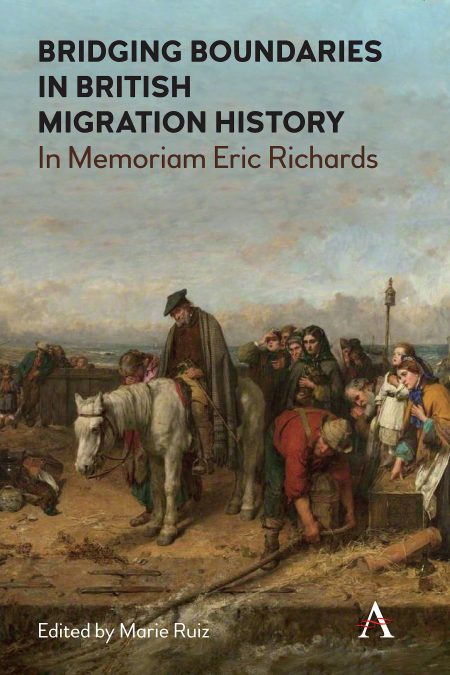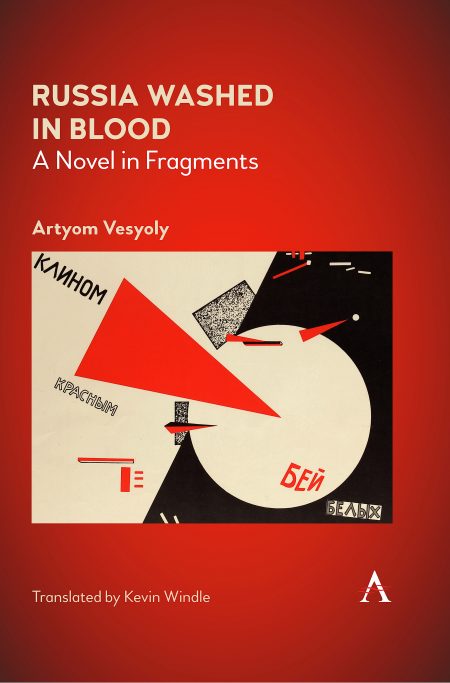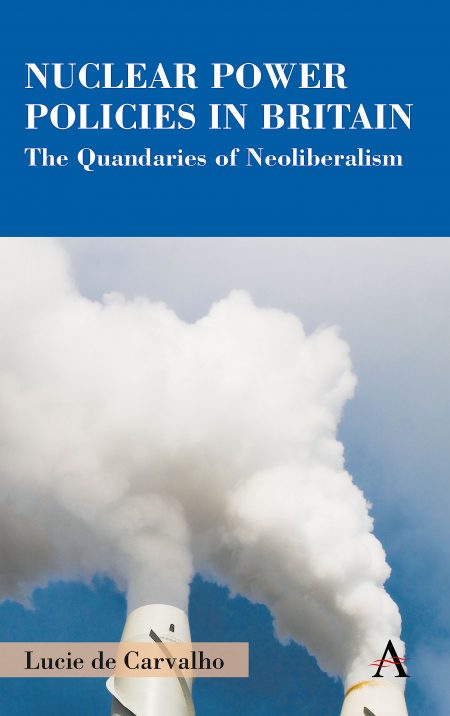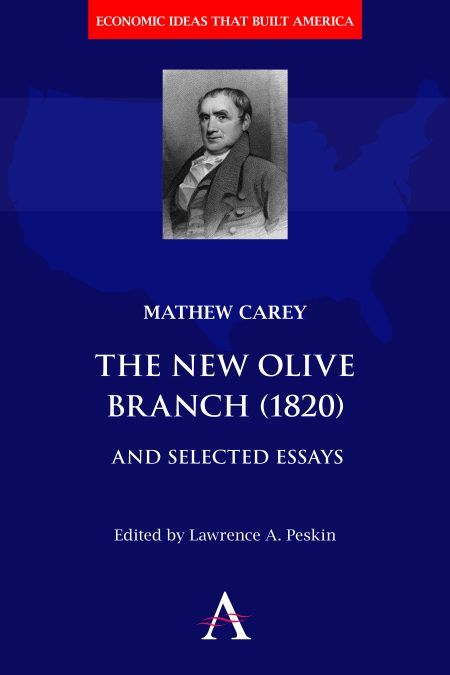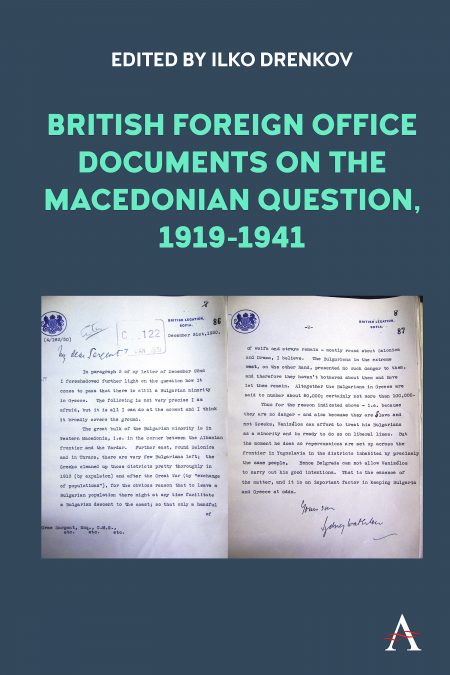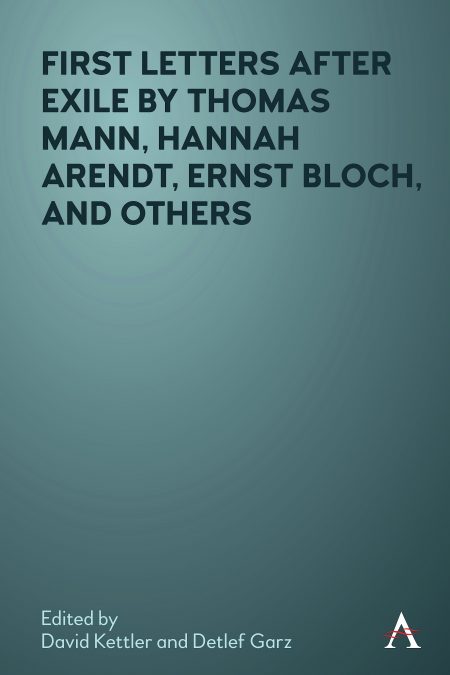The ABCs of Cold War History
Anglo-America, Bloc Sovietique, China, 1919-1994
Bruce A. Elleman
Select Format
Title Details
- ISBN: 9781839992278
- February 2025
- Pages: 100
A short, but highly relevant, history of the Cold War, 1919–1994, and its significance today. The 75-year Cold War pitted the Anglo-American world against the Soviet Bloc, with China, the ultimate prize. Chapter A will examine the creation of the Anglo-American Special Relationship, the end of World War I, 1919 Versailles Peace Treaty, and the lead-in to World War II. Chapter B will examine the Bolshevik revolution, 1919 Comintern creation, 1924 Soviet Bloc creation, the tumultuous 1930s, World War II, plus Soviet competition with America and England through 1949. Chapter C will discuss a China torn between West and East, finally joining the Soviet bloc in 1949 but by 1979 rejoining the West, and cooperating to destroy the USSR from 1979 to 1994, when the final Russian troops left Germany. In the Conclusion, the Cold War’s impact and strategic significance today will be discussed.
From 1979 to 1994, the U.S. government attempted to use its relations with China to exert diplomatic, economic, and military pressure on the USSR. Beginning in the late 1970s and continuing through the 1980s, China began to import high-technology equipment from the United States to fill key sensor and weapon roles. With the end of the Cold War, in particular, the Soviet navy was eliminated almost overnight as the world’s second most powerful naval force; Russia’s Pacific fleet is now so poorly supplied and equipped that it rarely leaves port.
This unprecedented reversal of fortunes has created a maritime vacuum throughout East Asia that China hopes to fill. In recent years, however, the former Sino-U.S. cooperation has changed as rising Chinese-sponsored tensions in the South China Sea have led to many possible points of alliance between Beijing and Moscow. Joint Sino-Russian Naval Exercises are just one example. Vladimir Putin and Xi Jinping appear to once again be combining against the Anglo-American-led West. Will history “rhyme” as Mark Twain says, allowing the Anglo-American West to win Cold War II, or will events turn out differently this time.
Bruce A. Elleman was born in Columbus, Ohio, in 1959. He received his BA from UC Berkeley in 1982, an MA in 1984, a master of philosophy degree in 1987, an East Asian Certificate in 1988, and his PhD in 1993 at Columbia University. In addition, he completed a master of sciences degree at the London School of Economics in 1985, and a master of arts in national security and strategic studies (with distinction) at the Naval War College, Newport, Rhode Island, in 2004.
Related products
-
Bridging Boundaries in British Migration History
In Memoriam Eric Richards
Edited by Marie Ruiz
September, 2020
£125.00 / $125.00 -
Russia Washed in Blood
A Novel in Fragments
Artyom Vesyoly
translated by Kevin Windle
introduction by Elena Govor, Kevin WindleAugust, 2020
£200.00 / $200.00 -
Nuclear Power Policies in Britain
The Quandaries of Neoliberalism
Lucie de Carvalho
October, 2022
£125.00 / $125.00 -
The New Olive Branch (1820) and Selected Essays
Mathew Carey
Edited by Lawrence A. PeskinOctober, 2014
£115.00 / $115.00 -
British Foreign Office Documents on the Macedonian Question, 1919-1941
Edited by Ilko Drenkov
consultant editor Ivan Metodiev Petrov, Lynnette G. LeonardMarch, 2021
£125.00 / $125.00 -
First Letters After Exile by Thomas Mann, Hannah Arendt, Ernst Bloch, and Others
Edited by David Kettler, Detlef Garz
March, 2021
£125.00 / $125.00


